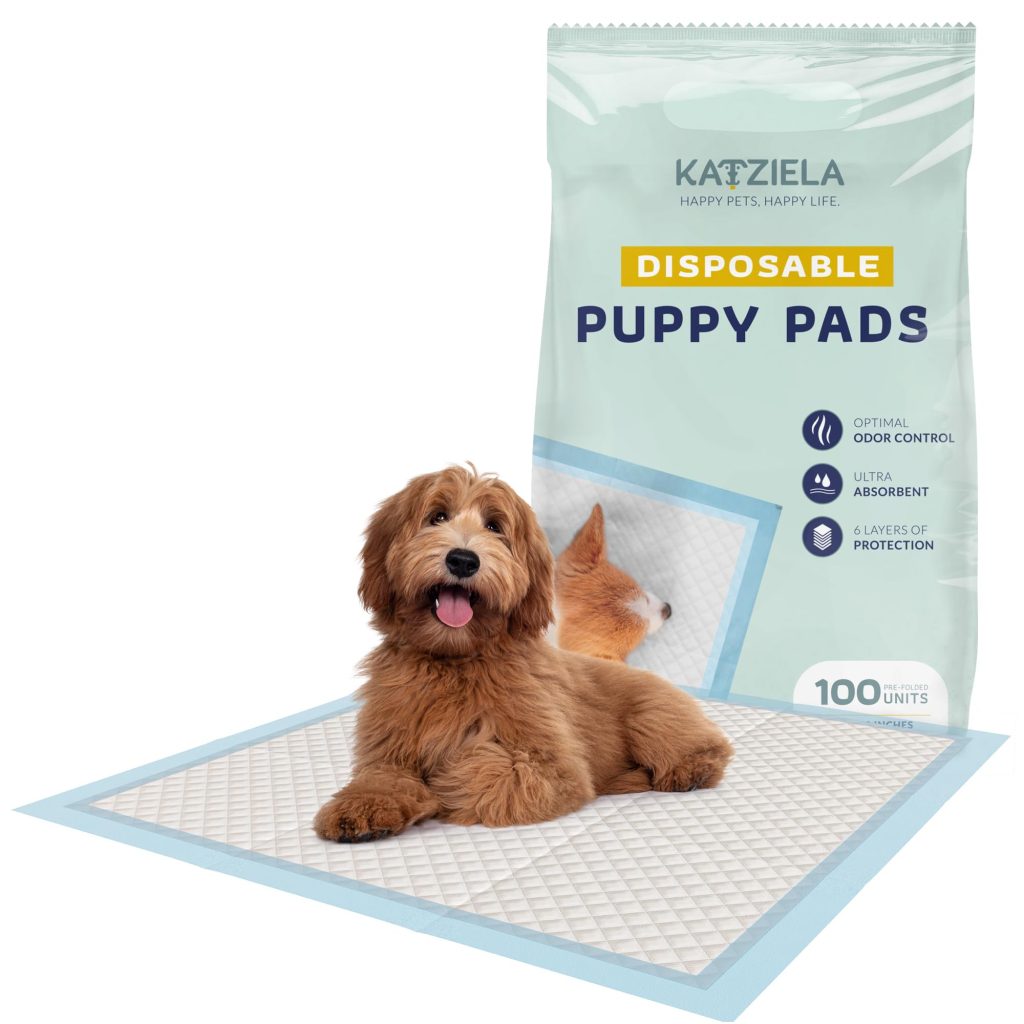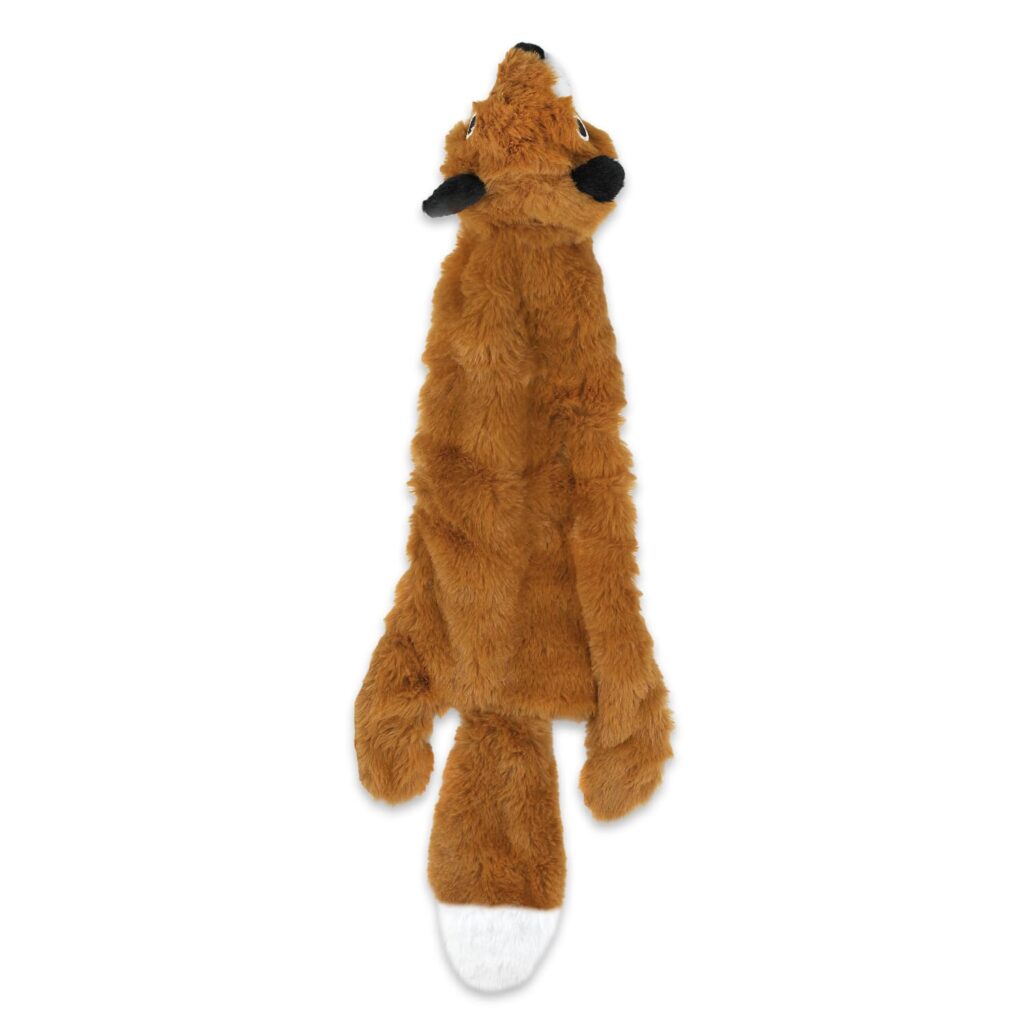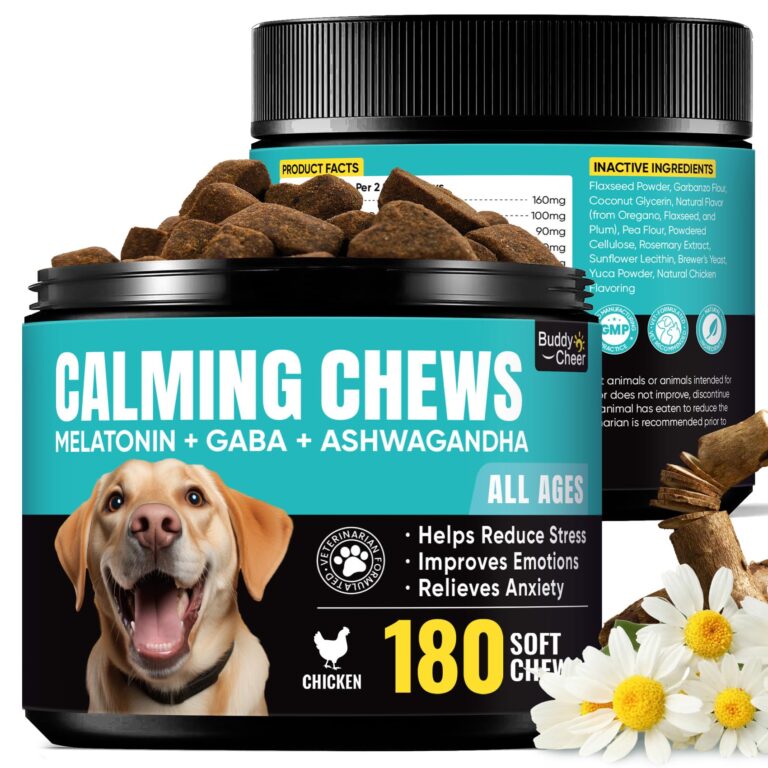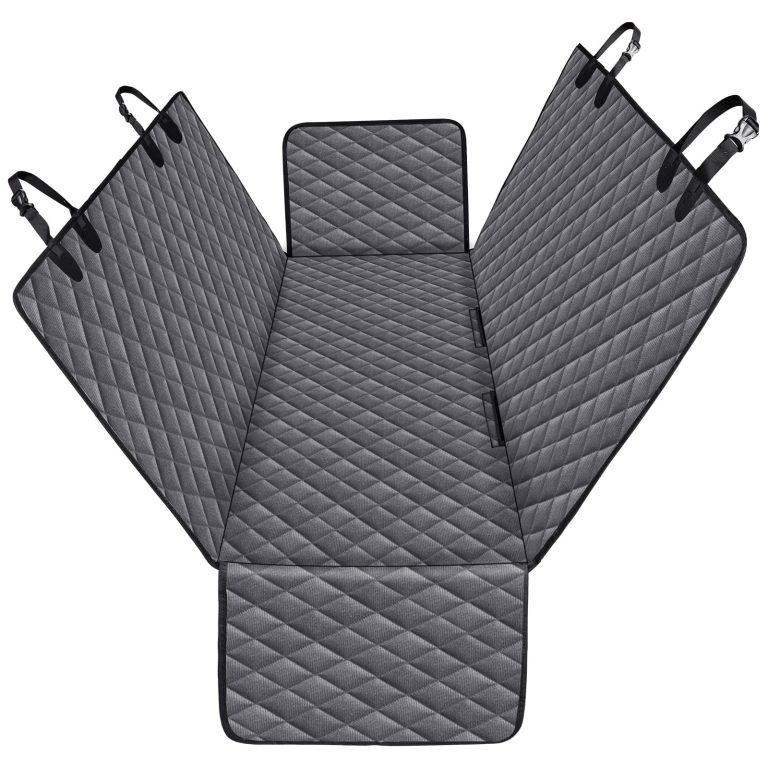Balancing Your Dog’s Diet for Optimal Health

Keeping your dog healthy and happy is a top priority for every dog owner. One of the key factors in achieving that’s providing a well-balanced diet. A balanced diet is critical for a dog’s health as it provides the necessary nutrients for optimal growth, development, and overall well-being. In this article, we will cover essential aspects of canine health and how to balance your dog’s diet for optimal health.
Exercise Requirements
Regular exercise is vital for maintaining your dog’s physical and mental health. Different dog breeds have different exercise needs, so it’s important to know your dog’s specific requirements. Generally, dogs should engage in at least 30 minutes to 2 hours of exercise every day. Exercise helps control weight, improves cardiovascular health, builds muscle strength, and prevents obesity-related health issues.
Common Health Issues and Their Treatments
Just like humans, dogs are susceptible to various health issues. Some common health issues in dogs include:
- Obesity: Being overweight can lead to a range of health problems in dogs, including joint issues, heart disease, and diabetes. To manage obesity in dogs, ensure they are not overfed and provide regular exercise.
- Allergies: Dogs can develop allergies to foods, pollen, dust mites, and more. Identifying the source of allergies is important for treatment, which may involve dietary changes or medication.
- Dental Disease: Dental health is often overlooked but is essential for a dog’s overall well-being. Regular teeth brushing and dental check-ups can help prevent dental diseases and gum infections.
- Arthritis: Older dogs commonly suffer from arthritis due to natural wear and tear on their joints. Joint supplements, pain management, and moderate exercise can help alleviate arthritis symptoms.
If your dog shows any signs of illness or discomfort, it is important to consult a veterinarian for proper diagnosis and treatment.
Dental Care
Many dogs suffer from dental issues such as plaque buildup, gum disease, and tooth decay. Incorporating regular dental care into your dog’s routine is important. Here are some dental care tips:
- Regularly brush your dog’s teeth with a dog-specific toothbrush and toothpaste.
- Provide dental chews and toys to help clean their teeth and reduce plaque accumulation.
- Schedule annual dental check-ups with your veterinarian for a professional cleaning if needed.
Age-Related Health Changes
As dogs age, they experience various changes in their health. It’s important to adapt their diet and care routines accordingly. Here are some age-related health changes to be aware of:
- Weight management: Older dogs tend to be less active, making weight management important to prevent obesity and joint issues.
- Joint health: Arthritis and joint stiffness are common in older dogs. Incorporating joint supplements and providing warm bedding can help alleviate discomfort.
- Sensory changes: Older dogs may experience hearing or vision loss. Adjusting their environment and using verbal cues can help compensate for these changes.
Mental Stimulation
Mental stimulation is just as important for dogs as physical exercise. A mentally stimulated dog is less likely to engage in destructive behaviors and remains mentally sharp. Here are some tips to provide mental stimulation:
- Offer interactive toys, treat puzzles, and food-dispensing toys to keep your dog mentally engaged.
- Practice obedience training and regular commands to keep their mind active.
- Engage in games like hide-and-seek or scent work to provide mental challenges.
Preventive Care
Preventive care plays a critical role in maintaining your dog’s health and avoiding potential medical issues. Here are some essential preventive care measures:
- Schedule regular veterinary check-ups for vaccinations, parasite control, and general health assessment.
- Keep your dog up to date with necessary vaccinations to prevent common diseases.
- Administer monthly preventive medications for fleas, ticks, and heartworms as recommended by your veterinarian.
- Provide proper grooming, including regular brushing, nail trimming, and ear cleaning, to maintain your dog’s hygiene.
By ensuring a well-balanced diet and providing proper care, exercise, mental stimulation, and preventive measures, you can greatly contribute to your dog’s overall health and happiness. Remember to consult with your veterinarian for personalized recommendations based on your dog’s breed, age, and specific needs. With a healthy lifestyle and the right attention to their physical and mental needs, your furry friend can thrive and enjoy a long and happy life.







